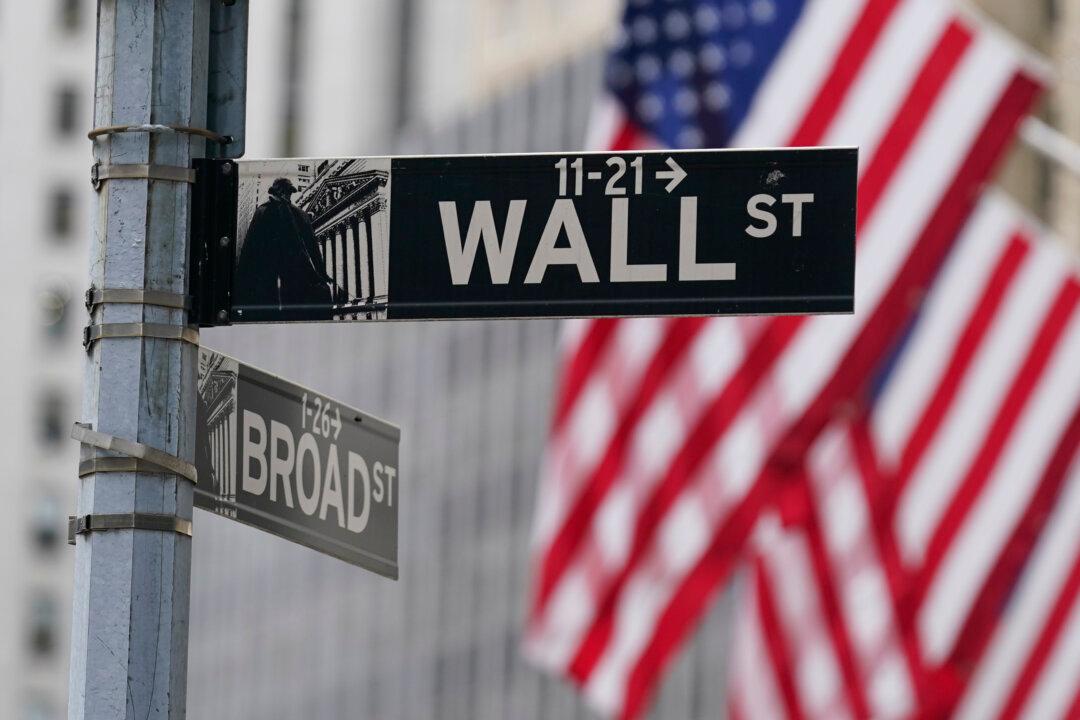Commentary
In January, Axios reported a developing trend in corporate America: Corporations across the United States were backing away from diversity, equity, and inclusion (DEI), which had become a “minefield” for companies.

In January, Axios reported a developing trend in corporate America: Corporations across the United States were backing away from diversity, equity, and inclusion (DEI), which had become a “minefield” for companies.